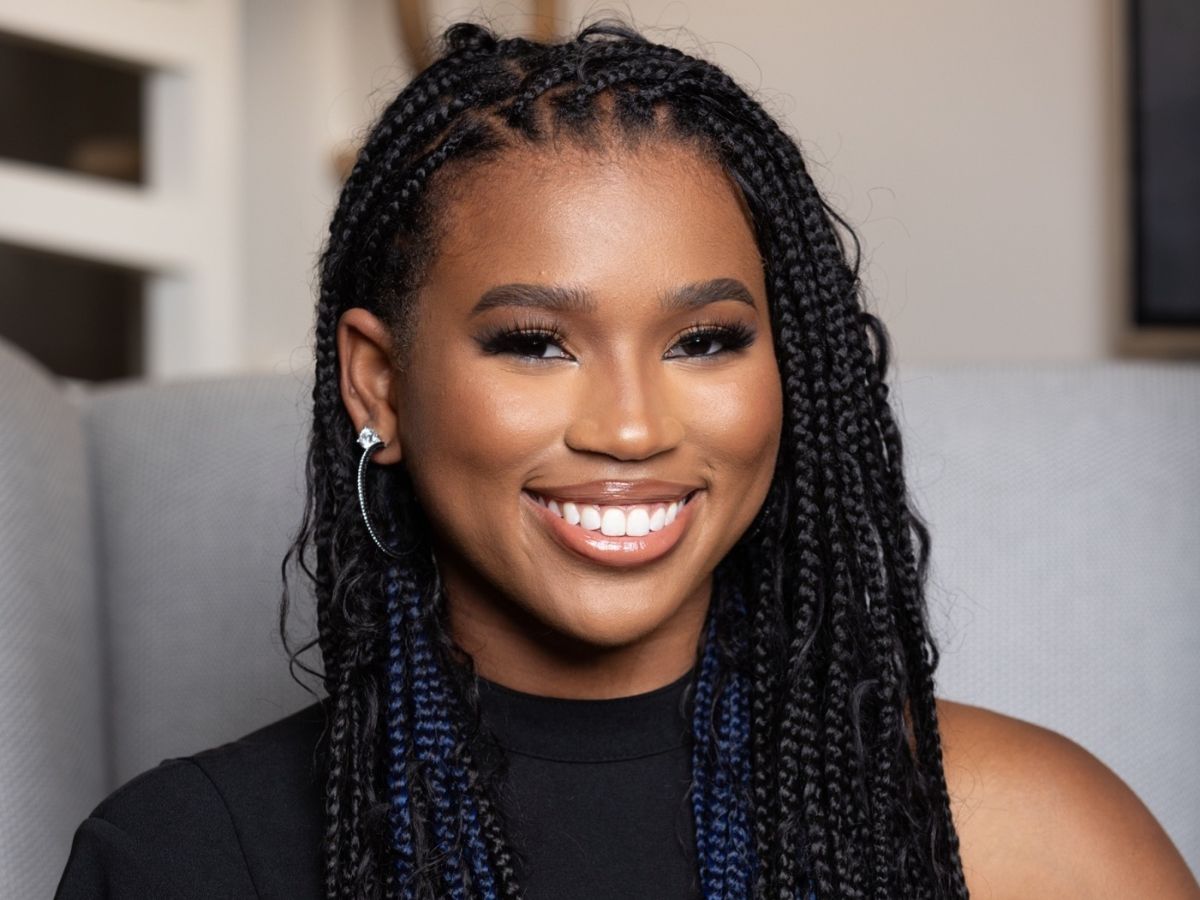Lex Stackhouse creates connection through the Global Elevation Network

Alexis “Lex” Stackhouse didn’t go into the Ted Rogers MBA program with the intention of becoming an entrepreneur, but her Capstone Project allowed her to explore an idea that developed into a start-up after she graduated.
That start-up is the Global Elevation Network (GEN) (external link, opens in new window) , which curates in-person experiences that use technology in creative ways to offer more authentic, meaningful paths to connection. It was inspired in large part by the community building and event organizing she did through the Black Business Graduate Students Association (BBGSA) at the Ted Rogers School of Management, where she served as Vice-President.
Here is what Stackhouse (MBA ’23) had to say about her business and how the Ted Rogers MBA program gave her the foundation and tools to create it:
Tell us about your company.
Global Elevation Network (GEN) is a future-forward platform helping globally minded individuals build meaningful connections in an increasingly digital — and borderless — world.
We host tech-forward, globally inspired, in-person social experiences, often with virtual guests tuning in from around the world. We’re also developing a complementary AI-powered digital matchmaking platform. Together, these elements create a new kind of social infrastructure — one that bridges cultures, disciplines and industries, enabling diverse communities to access innovation in meaningful ways. It’s about connection beyond small talk, and value that lasts beyond the event.
What inspired you to start your company?
I’ve always been drawn to how culture moves — across borders, through technology and in the ways people interact. GEN came to life after years of moving through cities, countries and environments that spanned both creative and professional spaces. I kept coming back to one question: “How do we create experiences that actually move people — where they feel something, learn something and leave with something that lasts?”
GEN emerged from that question — first as an idea I explored during my MBA while reflecting on the intersections of tech innovation and culture, and now as an endeavour that continues to take shape with the support of friends, collaborators and a growing global community.
Why did you pursue your MBA and why did you choose the Ted Rogers MBA program?
I started my MBA midway through my MA in Media Production. At the time, I had just moved to Canada and was seeking more professional footing. One of my closest colleagues had already applied and encouraged me to explore it — we ended up being two of just three people in our cohort to pursue the MA-Ted Rogers MBA Pathway, which made the experience feel deeply intentional, adaptive and a bit like we were creating a new lane.
I wasn’t trying to fit into a box — I was trying to forge my own professional path, and the Ted Rogers MBA made space for that. I wanted to build something at the intersection of creativity, culture and strategy, and bring the voice I had cultivated as a media professional to life — with the business toolkit to execute ambitious, multidisciplinary ideas. This program gave me the opportunity to do exactly that.
How did the Ted Rogers MBA program help you on your entrepreneurial journey?
I didn’t go into the program thinking I’d be an entrepreneur — more like a creative producer or director. But during the Entrepreneurial Experience Capstone Project, when I started conducting real market research, I realized I was genuinely curious about the problem and energized by the idea of solving it.
That curiosity became momentum. It gave me clarity that the thing I was exploring could actually become something real, and that I had the tools, language, international friendships and foundation to pursue it. That’s when GEN started to take shape.
Anything else to add?
I’m grateful for the people and experiences that shaped this journey — from faculty and classmates to the mentors and community who’ve poured into me since. GEN continues to evolve, but what’s been clear from the start is that there’s power in intentional connection.
And for anyone else who’s straddling disciplines, unsure where it leads: sometimes the intersections are the whole point.